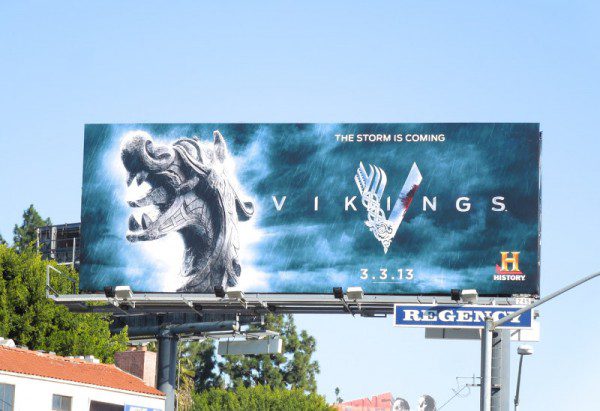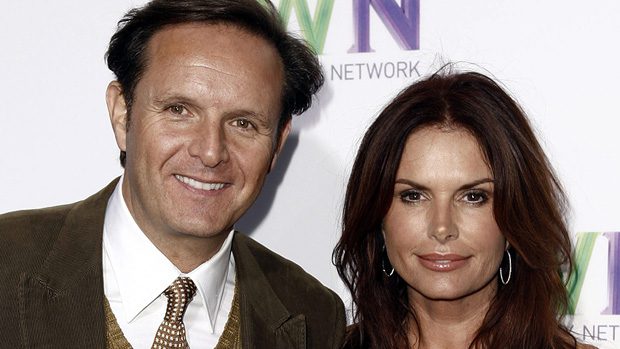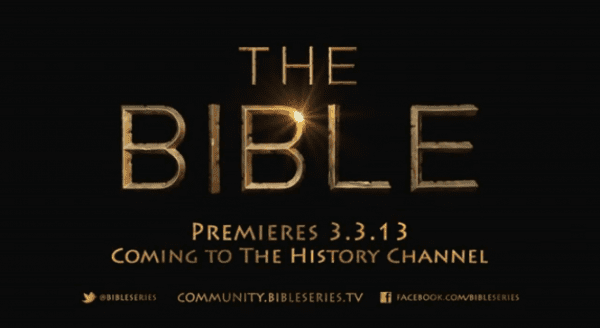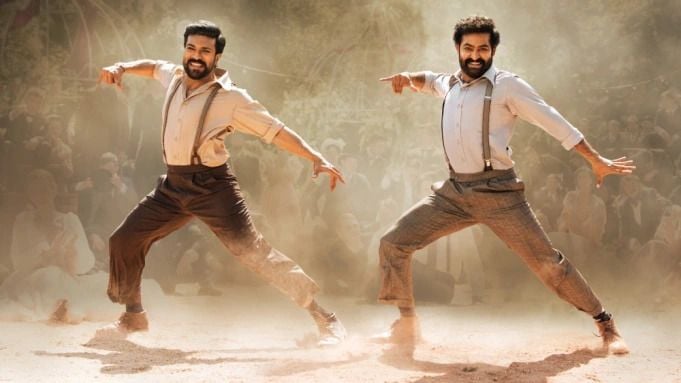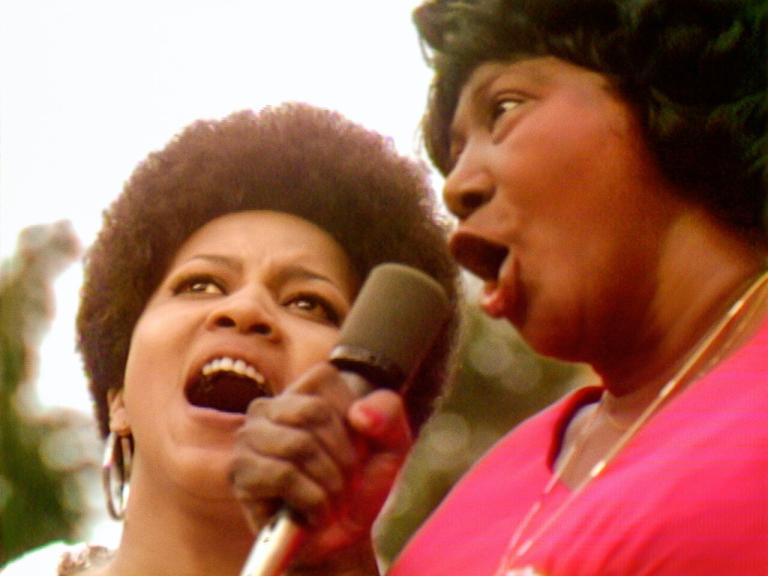The History Channel has an epic new mini-series premiering this Sunday night. I saw a huge, four-page fold out ad for it in this month’s Wired (right behind the cool Star Wars cover). Billboards along Sunset Boulevard declare “The Storm is Coming” with the airdate, “3.3.13”. The Los Angeles Times Calendar has a front-page story and photo on it today. A reviewer at io9 raved that “it’s like Game of Thrones without the nudity.” All this buzz is being directed at a show about Vikings. Not the football-playing, Minnesotans, but rather the old Odin-loving, Norse kind of Vikings.
I am always ready to tune into ancient sword-wielding action. But I can’t understand why the History Channel would promote The Vikings while ignoring the equally epic ten-hour mini series that precedes it on The Bible. Which series is based on the bestselling book of all time? Which program has built in recognition of beloved characters? Which show is timed right in the sweet spot of religious observation, running on Sunday nights from Lent up through Passover and Easter? Which show serves as a lead in to the other? And yet, the marketing team at History Channel builds buzz for The Vikings?
The Bible is produced by one of the most successful producers in the history of television, Mark Burnett. Nobody has had a better track record of anticipating public taste than the man behind Survivor, The Apprentice, Shark Tank, and The Voice. He is a remarkable salesman and showman, figuring out what we want and when we want it. The Bible is also produced by one of our most beloved television stars, Roma Downey. As Monica on Touched by An Angel, Downey topped the television ratings for CBS despite being shuffled around different nights and airtime. Mark and Roma embody the American dream, having emigrated from Britain and Ireland and rising to the top of the entertainment business. They are a dynamic, photogenic, and compelling couple. So why would History Channel execs all but ignore such a potentially major television event?
History Channel’s efforts to bury The Bible suggest several possible scenarios. Perhaps they view The Bible as soft, appealing to female viewers while The Vikings is positioned as rough and manly. Maybe the marketing team couldn’t figure out how to make The Bible edgy and cool? It doesn’t have all the family feuds and dramatic betrayals of their previous hit, Hatfields & McCoys, right? And it’s not like it features tall, dark, and handsome men with dreadlocks playing macho characters like this:
Surely, the History Channel realizes that audiences have always loved sword and sandals epics. From The Ten Commandments to Gladiator and Braveheart, the religious community and the broad, movie going public (which are close to the same thing) have regularly embraced epic depictions of heroism and sacrifice. Blood and brawn didn’t keep ticket-goers away from The Passion of the Christ. Why would executives ignore such an obviously strong and compelling lead in to an expensive new series that follows it? Aren’t they interested in attracting the broadest audience possible for both shows?
Less charitable critics might surmise that the History Channel is biased against religious audiences. They chose to promote the pagans rather than the Christians. A finger-pointing boycott could result—“Watch The Bible, ignore The Vikings.” It might even boost the ratings for both. And yet, I heard in Sunday School (last week) that when we point one finger out, another three point back. Why has History Channel acted against its own best interests?
The depth of distaste for religion, particularly the conservative and Christian kind, remains almost boundless in the entertainment industry. Every time a pastor calls for a boycott of Disney because of ‘gay day’ or pleads with a congregation to send a message via Chick-fil-A, another chasm is created between the Church and Hollywood. And when pressure builds on Louie Giglio or Tim Tebow to step down from a microphone, some Christians claim religious persecution. It is all so tired and tiresome; the ongoing power games that accompany the culture war in which everyone loses. Why can’t this be an occasion when everyone pursues the same simple goal–attracting the widest, most diverse, and engaged audience possible to the History Channel?
Instead, two generous and powerful Hollywood insiders make a ten-hour celebration of the grandest stories ever told that their network runs from because they don’t want to be identified with all the baggage that now accompanies the Bible. I understand the network’s apprehension. It can be embarrasing to be associated with Christians, especially in the media business. I live with that tension everyday. And for advertisers, it seems risky and even dangerous to be associated with any religion. So I urge everyone I know to watch The Bible and The Vikings this Sunday night (and for the weeks to come). Let’s enable The History Channel to see that the religious audience is much bigger, less scarier, and more mature than they ever imagined.


